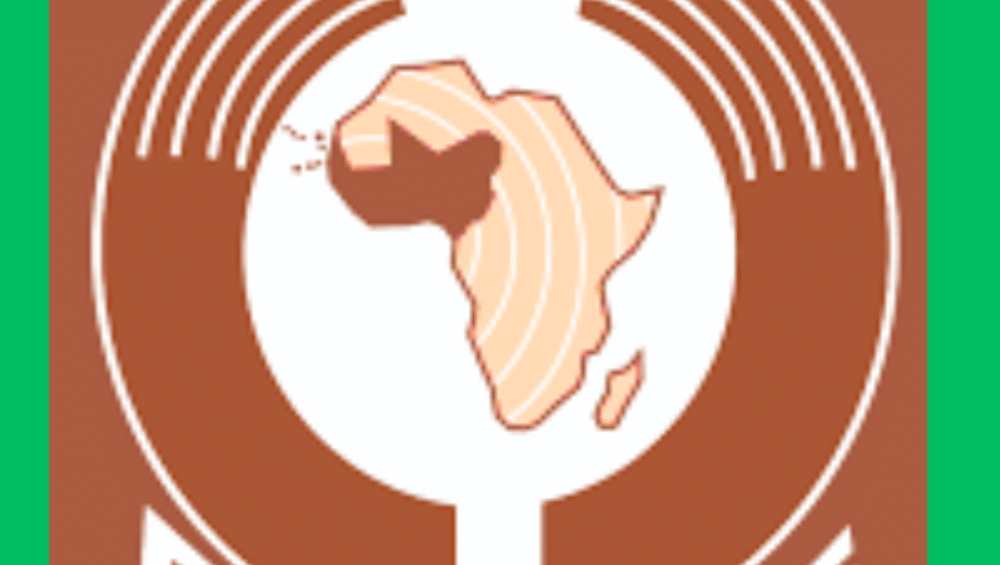The Economic Community of West African States (ECOWAS) says it is grappling with serious integration challenges following the withdrawal of three member states — Mali, Burkina Faso, and Niger — and is now pushing for renewed unity, solidarity, and reform across the bloc.
Speaking at the 37th Ordinary Session of the ECOWAS Administration and Finance Committee (AFC) held in Abuja on Sunday, Commission President Dr. Omar Alieu Touray, represented by Vice President Mrs. Damtien Tchintchibidja, described the current moment as an “existential crisis” for the regional body.
“Our organisation is at a crossroads,” Touray said. “This calls for bold reforms and a reaffirmation of the principles of unity and solidarity that founded ECOWAS.”
The meeting, convened to evaluate the mid-term implementation of ECOWAS programmes and projects, also addressed the bloc’s financial pressures and institutional gaps, particularly in light of reduced donor funding and staffing shortages across key institutions.
Touray acknowledged the strain placed on ECOWAS by the recent exits of the three Sahelian countries, warning that the departure of those states threatens to erode 50 years of regional integration progress.
In response, he revealed that a summit on the future of ECOWAS will soon be convened, in line with decisions by the Heads of State and Government. Ahead of that summit, the Commission plans to consult key demographics including women and youth to shape the direction of reform.
“We must be forward-looking. ECOWAS must reflect the collective aspirations of its citizens,” Touray stated.
Also speaking, Professor Nazifi Darma, ECOWAS Commissioner for Internal Services, highlighted the urgent need for innovation in resource mobilisation, given the declining trend in foreign aid. He noted that the commission had recently procured new communications infrastructure to modernise operations and reduce dependence on external support.
“Donor support is fading in the current global order. We must think creatively and act independently to strengthen regional service delivery,” Darma said.
Ambassador Olawale Awe, Chairman of the AFC, echoed the need for decisive action, especially regarding the community levy and staffing gaps triggered by the Sahel States’ withdrawal.
“Now is not the time for inertia. We must move quickly to fill institutional voids and sustain the momentum of our integration goals,” Awe stressed.
As ECOWAS charts a path forward amid growing internal and external pressures, the call for regional cooperation and reform has become more urgent than ever.





